HotSpots H2O: India’s Monsoon Season, Wettest in 25 Years, Comes to an End
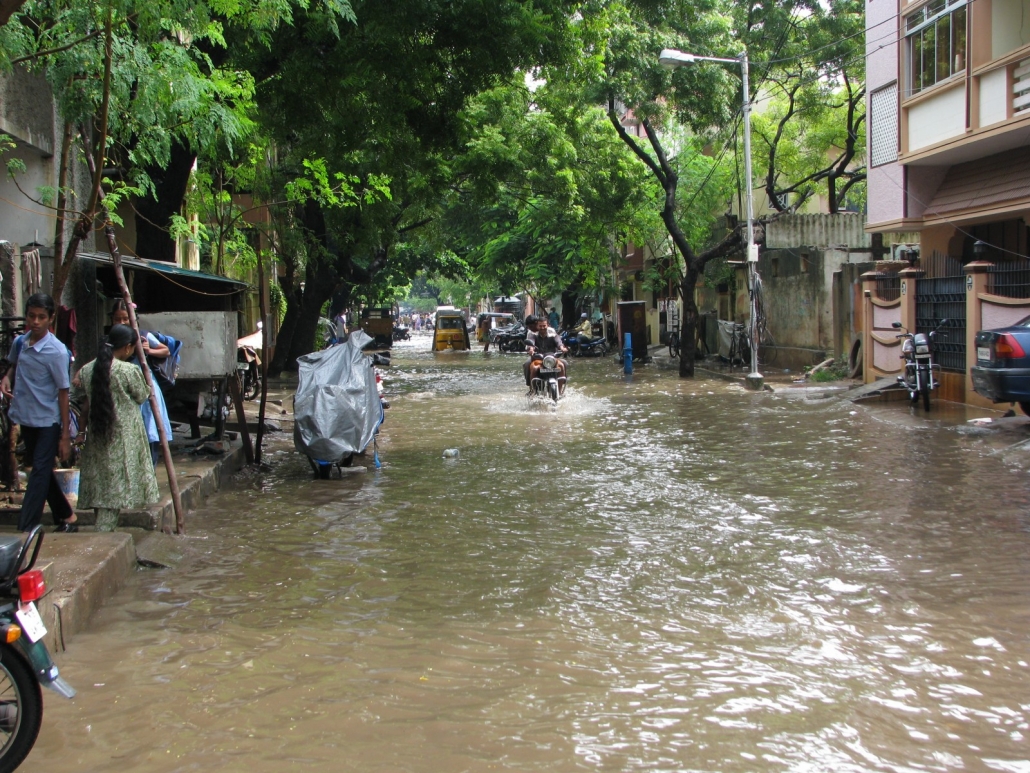
Chennai, India. Photo courtesy of Wikimedia Commons.
Following a slow start, India was deluged this year with its heaviest monsoon rains in a quarter century. The unexpectedly wet summer months brought intense flooding and widespread displacement. It also inflamed regional tensions.
The monsoon season, which officially ended on September 30, had the highest recorded rainfall since 1994, according to India’s Meteorological Department. Total precipitation was about 10 percent above average, although some regions registered significantly more rainfall than others.
Maharashtra, West Bengal, Bihar, and Kerala were the hardest hit, with more than a million residents displaced between the four states. In recent weeks, Bihar and Uttar Pradesh, two northern states in the Ganges River watershed, experienced severe late-season rains, which swamped drainage systems and killed more than 100 people.
As of October 6, India’s 2019 monsoon death toll was 1,874. Several dozen people remain missing.
In July, abnormally heavy monsoon rains also inundated India’s neighbors. Intense storms sparked tension between Nepal and India, with the former accusing India of constructing flood embankments along the border in a way that endangers villagers on the Nepalese side.
In Bangladesh, the deluge displaced almost 800,000 people and killed at least 60. In the wake of the storms, many residents complained that they did not receive any notice before their villages were flooded. In response, the government has vowed to prioritize improvements in flood warning systems.
Despite the dangerous flooding, many in Southern Asia welcomed the above-average precipitation. Indian officials say the heavy rainfall will allow farmers to plant more winter crops, including wheat, rice, rapeseed, and chickpeas.
The above-average monsoon also brought relief to several drought-stricken areas, and boosted faltering groundwater and reservoir levels across the region.
Kayla Ritter is a recent graduate of Michigan State University, where she studied International Relations and Teaching English to Speakers of Other Languages. She is currently based in Manton, Michigan. Kayla enjoys running, writing, and traveling. Contact Kayla Ritter

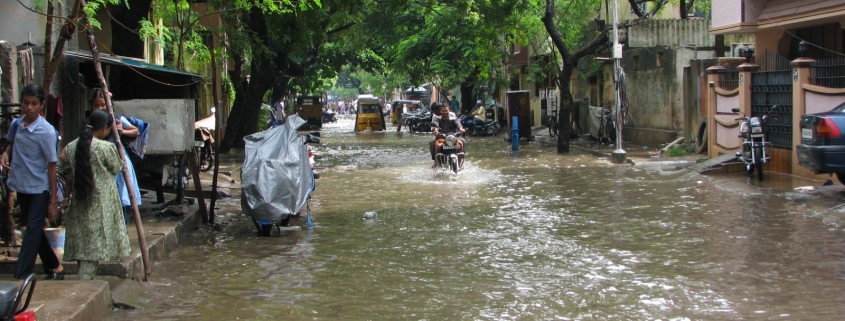



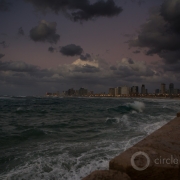
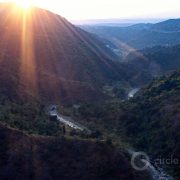
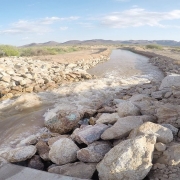
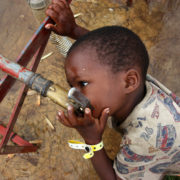



Leave a Reply
Want to join the discussion?Feel free to contribute!